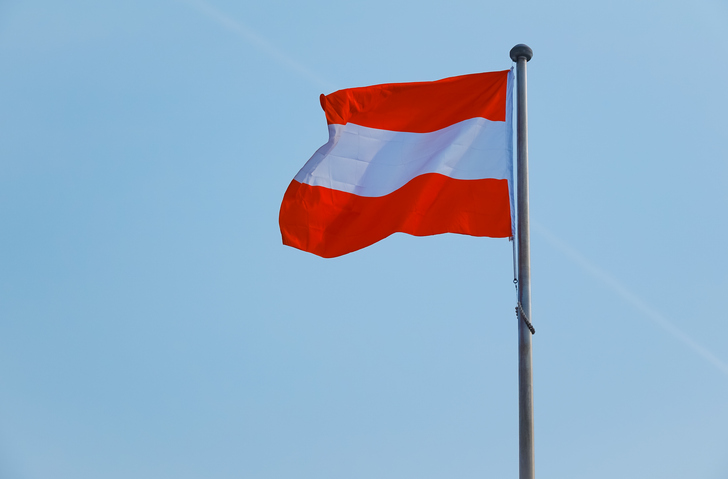Austria’s parliamentary election on Sunday is a tight race between the ruling conservative Austrian People’s Party (OVP) and the far-right Freedom Party (FPO). The FPO, which is critical of Islam and wants to stop granting asylum, is just ahead in opinion polls.
Whoever wins will fall well short of an absolute majority and would need to form a coalition with at least one other party to command a stable majority in parliament.
Here are the most likely coalition scenarios:
WHO WINS – NOT NECESSARILY A TICKET TO POWER
Austria’s president usually invites the winner to hold talks with other parties in pursuit of a coalition.
However, President Alexander Van der Bellen, a former leader of the left-wing Greens, has voiced reservations about the FPO and especially its leader Herbert Kickl, noting that the constitution does not oblige him to ask the winner.
“It is established practice but as far as I am aware it is not in the constitution,” he said last year.
So he could take a different approach.
With the top three parties currently polling between 20% and 30% support, there are a limited number of pathways to a parliamentary majority. There has been only one postwar minority government, of one party that won nearly half the seats.
In 1999, the Social Democrats (SPO) came first in the election with the FPO and OVP almost tied in second and third. An OVP-led coalition with the FPO ultimately formed.
FPO-OVP
The only two-way tie-up that would command a majority, opinion polls suggest, is one between the FPO and OVP. The OVP is also the only party that has been open to allying with the FPO.
The FPO has only ever been junior partner in coalitions with the OVP. Their last alliance lasted less than two years, from 2017 to 2019. It collapsed in scandal and open conflict.
The parties overlap on policy, particularly on tougher immigration rules and tax cuts, but Chancellor Karl Nehammer of the OVP, who currently leads a coalition with the Greens, says he and his party will not take part in a government with Kickl in it.
Kickl says it would be undemocratic for him not to be asked to form a government if he wins. Given how heavily the FPO have pushed him as future chancellor, he looks unlikely to step aside so that a government could emerge led by another FPO figure.
If the FPO wins, the bigger its margin of victory, the stronger Kickl’s position will be.
OVP-FPO
Should the OVP win, many analysts believe a coalition with the FPO has a good chance of emerging quite quickly. If the FPO finishes second, Kickl has said he would not seek to lead the government, removing a potential obstacle to cooperation.
The alternative to such a tie-up, an OVP-led three-way coalition, could be more unwieldy.
Political opponents have already branded a return to an OVP-FPO coalition as “Ibiza 2.0”, a reference to the video sting scandal that brought down the last OVP-FPO coalition in 2019.
OVP-SPO-NEOS OR OVP-SPO-GREENS
Centrist coalitions between the OVP and the SPO were common for decades after World War Two.
Then-OVP leader Sebastian Kurz secured an early end to the last one in 2017, condemning what he called its weak compromises.
Today an OVP-SPO coalition would likely require another party such as the liberal NEOS or the Greens, both hovering around 10%.
A three-way tie-up could tout its centrist credentials as a bulwark against the FPO, but also be a difficult balancing act.
The OVP and NEOS espouse similar economic policies like lower taxes. The SPO’s flagship policy is introducing wealth and inheritance taxes, which the OVP and NEOS vehemently oppose.
The Greens are currently junior partners in a fraught coalition with the OVP that came close to collapse this year.
(Reuters)














